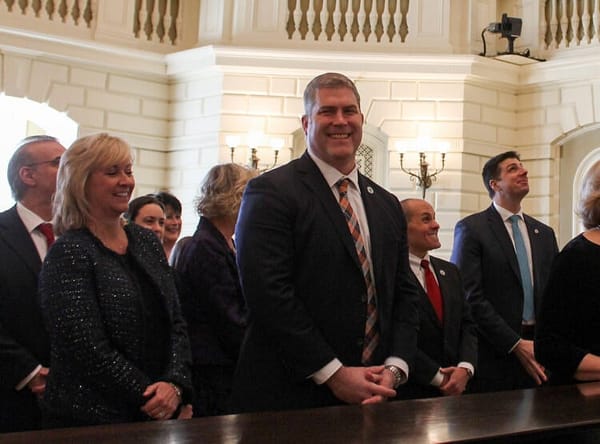News

The Term ‘Female’ Can Be Dehumanizing, Boston University Medical School Says

Should people use the word "female" to describe women?
The Boston University School of Medicine advises its students and faculty against it, saying and the term can be "dehumanizing."

